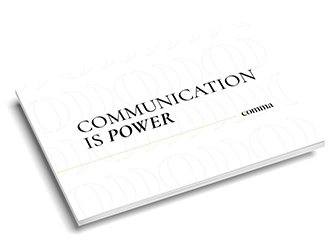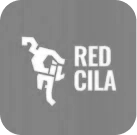After the first debate “Journalists vs. Communications Consultants,” organized by the communications agency Silvia Albert in Company, I found myself with various conclusions in my head, but If I had to highlight one of them, I would say that public relations is based on the bond of trust between journalists and communications professionals. That point of balance can only be attained if professional empathy exists between the two sides. And if beyond this understanding, there is respect, trust and a good relationship, then we would be talking about succesful case study in communications.
The majority of communications consultants are not journalists by profession but are journalists at heart. This is the key to understanding well their interests, to know what they need, or will need, and in this way to nourish a lasting professional relationship with them. This is how a channel of content, providing a constant flow of communication, is created.
The philosophy of our agency has always been clear in that sense. Our clients are not only the companies but also the journalists themselves. The objective is to know, to understand, to think deeply and to discover all that is needed to make us a fountain of information. Sometimes this relationship is so satisfactory that the journalist themselves can end up being a loyal defender of your work, who can affect your own business development.
On the other hand, a consultant´s duty is to consult the client on the basis of journalistic criteria. Not everything is ‘reportable’ and we are the ones, who can filter it all, which, on the other hand, journalists are very thankful for. To receive a huge amount of information, lacking any newsworthy angle, or as we like to call them here #notasdeprensadelirantes, is unprofessional. And precisely what this is about is taking care of one´s relationship with journalists in a sophisticated but also strategic manner.
To conclude, here´s a list of ten ways to maintain an effective relationship between communications professionals and journalists,, compiled by Dircom and ADECEC. Ten interesting tips that should be put in practice especially if you belong to the so-called dark side.
- Provide information with a relevant focus.
- Never lie to a journalist. They can come to understand that you are not telling them the whole truth but they will never forgive you for deceiving them.
- Worry about being or becoming a suitable interlocutor and learn in detail about the topic that you want to communicate: otherwise you are of no help and they will not come back to speak to you as a source of information.
- Get to know well your media outlets, their idiosyncrasies and functioning. Identify which journalists at each media outlet are experts in your sector, present yourself and get talking.
- Keep in mind deadlines and their timetables.
- Maintain regular and habitual contact with the journalists. Sporadic contact does not turn into or secure a strong professional bond.
- The impersonal, uniformity and huge chunks of information serve no one. Exclusives (also) exist. Get to know their value.
- Digital and audiovisual media outlets are a reality that are becoming increasingly important, growing in impact and are unstable. Get to know them, keep them in mind and learn how to conquer them.
- Do not let yourself be influenced by the journalist’s media outlet or channel . Always act as a facilitator.
- Be accessible.





